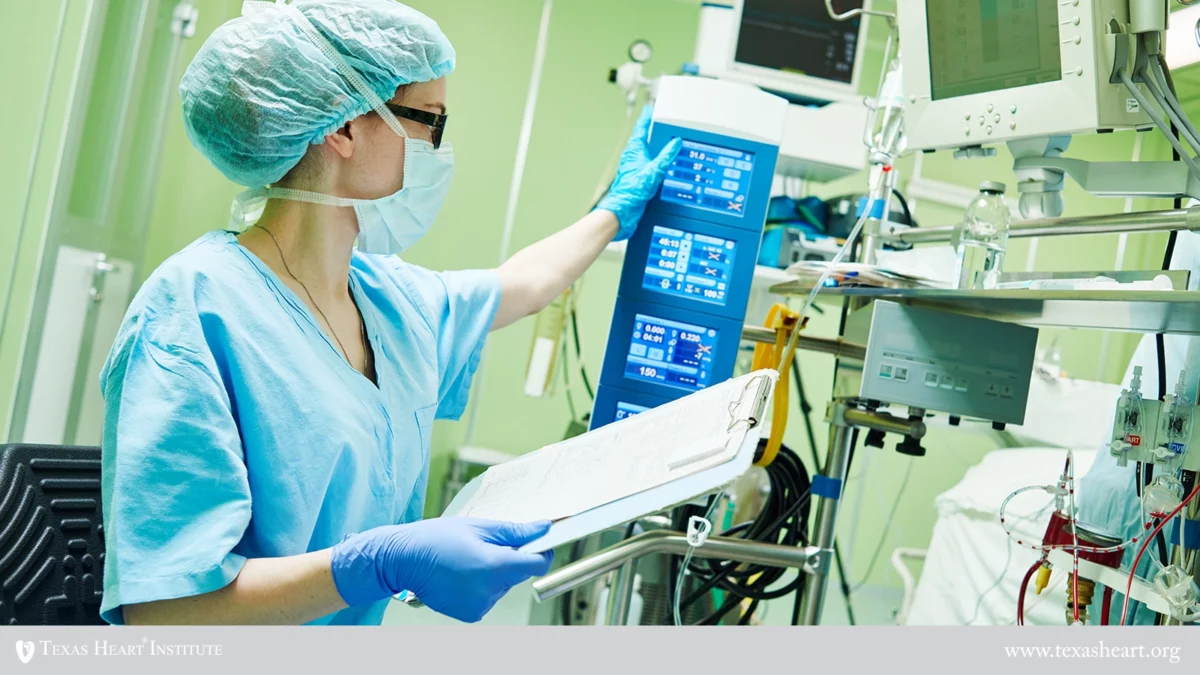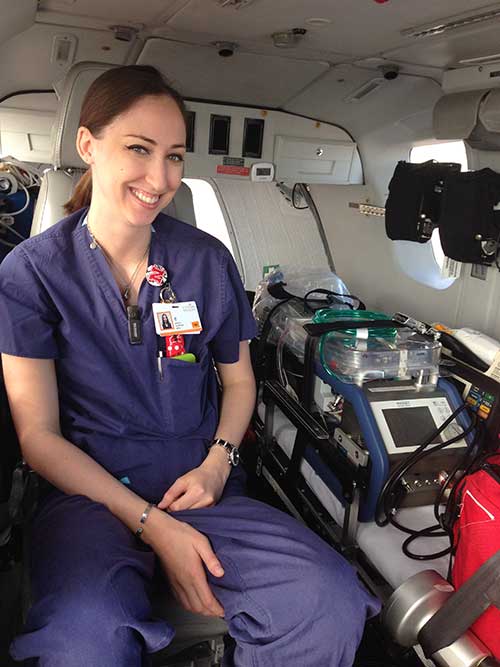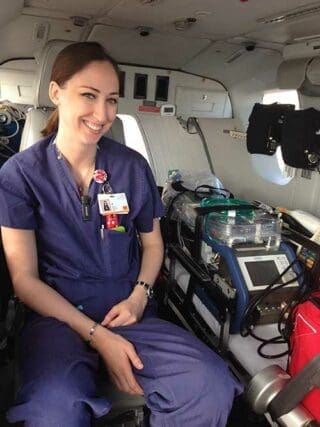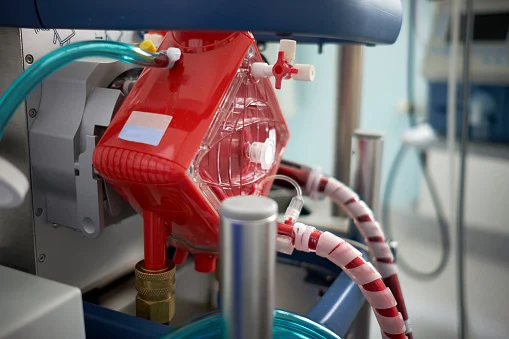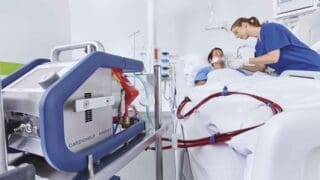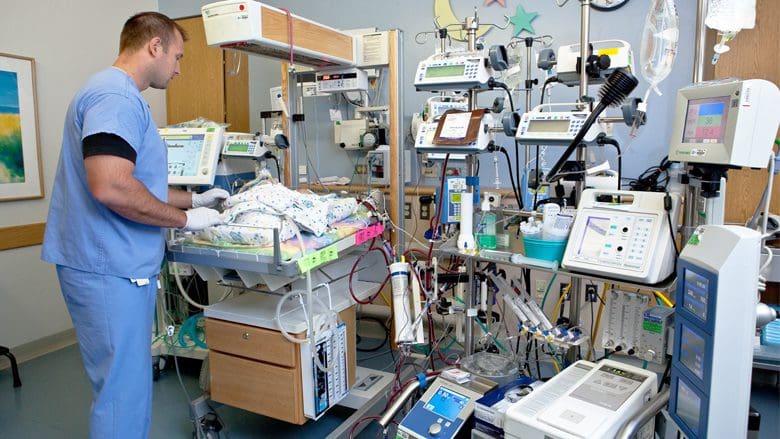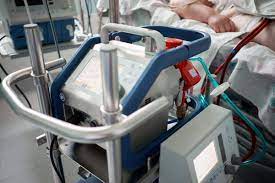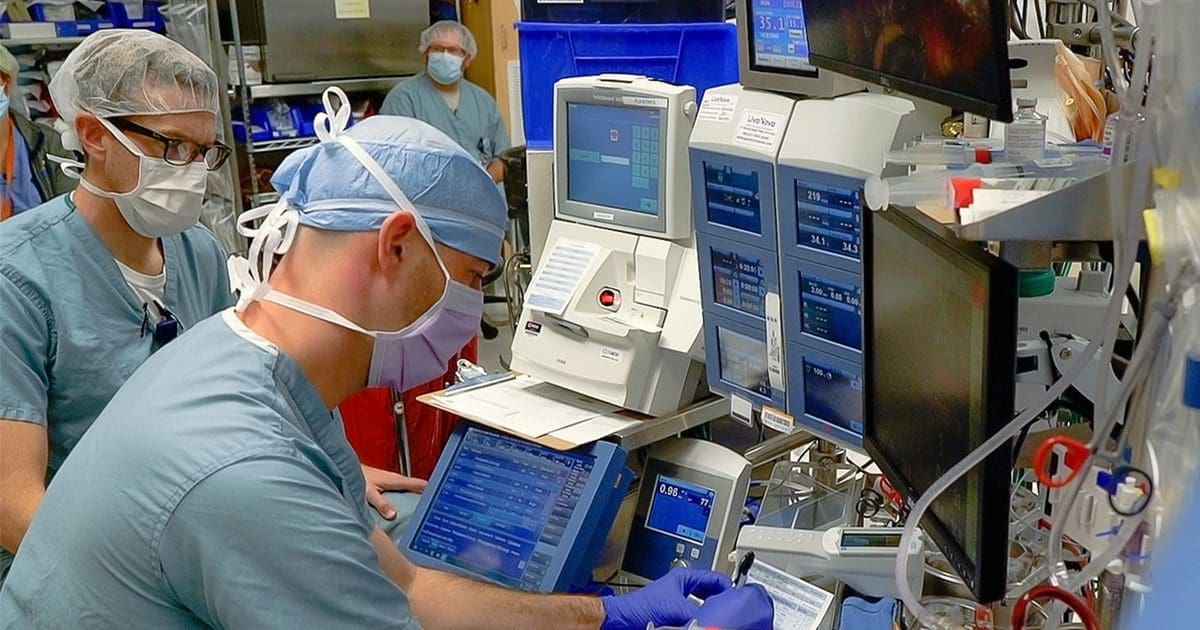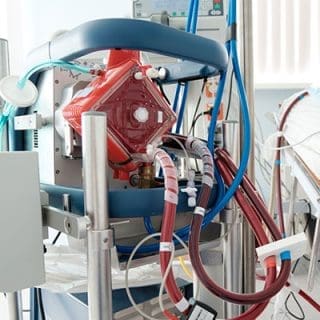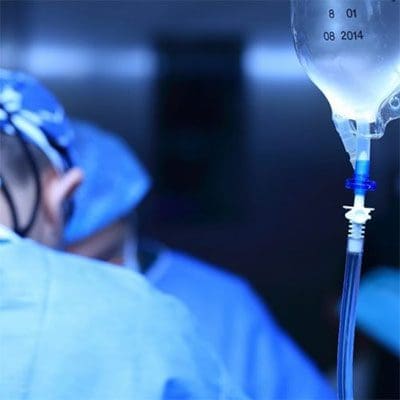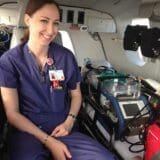Top Reasons to Become a Travel Perfusionist with Vivacity Perfusion
Maybe you have been thinking about becoming a traveling perfusionist for some time now, but were wary of making the jump. You already know why being a perfusionist is a great profession, so let’s dive into the benefits and reasons why you should consider becoming a traveling perfusionist with Vivacity Perfusion. Not on
ly will you be able to make a substantial difference for hundreds of patients around the United States saving lives each day, and you will also work with some of the top perfusionists in the medical field while maintaining a work/life balance.
Save Lives & Make a Difference
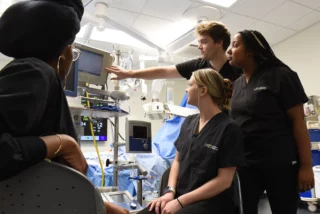
Working in the medical field we all know that each role at the hospital is essential. Working in perfusion, you will see some very serious cases each day. Being able to handle those cases properly and save lives is just as rewarding as the first life you saved. As a traveling perfusionist, you are also able to make a difference in the lives of the other perfusionists working within the hospitals you visit. Typically traveling perfusionists will provide relief to hospitals whose perfusion teams are understaffed for some reason, and they will be eager to have a break in their schedules.
No Job Shortage
If there was a definition of job security in the dictionary, perfusion would follow it. According to the American Board of Cardiovascular Perfusionists, there are over 3,200 certified perfusionists actively practicing in the United States. Perfusionists are in high demand across the country, meaning you will have no problem finding a job in various states and cities. With the limited number of licensed perfusionists and thousands, upon
thousands of surgeries performed by perfusionists every year, there is a significant demand for more skilled perfusionists.
The Pay
Healthcare workers have top pay as it is, and perfusionists are in the same boat. Along with a lower cost of tuition
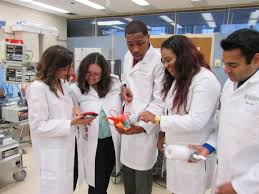
compared to other healthcare careers, your return on investment in your education will be far worth it as you start your career. The average salary of a perfusionist is $129,000 while the average cost of tuition is around $65,000 for two years of schooling. If you are looking for a lucrative career path in that you can increase your salary by 1.5X you will want to become a travel perfusionist. While perfusionists already have a large salary as it is, traveling to hospitals in need for short or long periods can drastically increase your pay yearly and allow you to take time off throughout the year to travel for leisure and do the things you love.
Freedom to Choose Your Location
As a traveling perfusionist, you have a lot of say in where you want to live. There are so many different hospitals all over the country in need of assistance and staffing. Whether you have dreamed of living on the East or West coast or in a beach town anything is possible when you become a traveling perfusionist.
Work Around Your Schedule
Another key benefit of traveling perfusion is taking back your time and working around your schedule. Whether you are a snowbird or prefer warmer weather, traveling perfusion allows you to create your own schedule year-round. You can choose the days, weeks, and months that work best for you. There are plenty of short-term and long-term perfusion assignments available.
Final Thoughts
We hope that this information was helpful if you are considering becoming a traveling perfusionist or looking to go into a career in perfusion. If you feel that traveling perfusion may be right for you, contact us at [email protected] today for more information!


